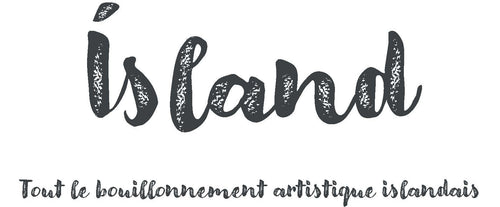Ongoing disagreements over foreign policy, asylum law, and energy strategy have brought down the unlikely coalition formed in 2021 by the Independence Party, the Progress Party (both conservatives), and the Green and Left Movement. Following the resignation last April of Katrín Jakobsdóttir, the MVG prime minister who ran in the June 1 presidential election (and lost to Halla Tómasdóttir), and a brief stint in that role by the unpopular Bjarni Benediktsson, the tireless Independence Party politician implicated in the Panama Papers, Icelanders voted in the parliamentary elections on November 30—with a turnout exceeding 80%.
According to a democratic rule unknown in France, the leading party, Alliance (social democrat, classified as centre-left), was responsible for forming a coalition government.
This is now a done deal, and Prime Minister Kristrún Frostadóttir announced just before Christmas the composition of her government, which is predominantly female, negotiated with representatives of the Reform Party (centre-right) and the People's Party (created in 2016, accustomed to xenophobic outbursts and whose MPs distinguished themselves by making sexist remarks in a bar in 2018 – they had been expelled following the media scandal). Stability is therefore not guaranteed.
In these elections, the Pirate Party and the Green and Left Movement lost all their seats, which is not good news for the country's social policy and environmental protection, which has some hot topics: re-authorization of whaling despite international treaties, the opposition of a majority of Icelanders and the report of the country's veterinary authorities; establishment of salmon factories which have already caused ecological disasters; establishment of "carbon capture sinks" with almost zero efficiency; impact of overtourism which the island has been engaged in since 2008.
At the same time, two far-right parties of libertarian persuasion appeared on the scene: the misnamed Democratic Party, whose leader was an elected member of the Independence Party, and Avenir Responsable; although they did not win any seats, they together received 2,250 votes, just over 1%.
Another topic of debate that promises to be tough: a referendum on the application for EU membership in 2027, with Europhiles now in the majority in parliament (in which case the whales will have to be left alone).
Photo (Hélène Tourbine): Þingvellir, meeting place of the Icelandic parliament, the Alþing, founded in 930.

